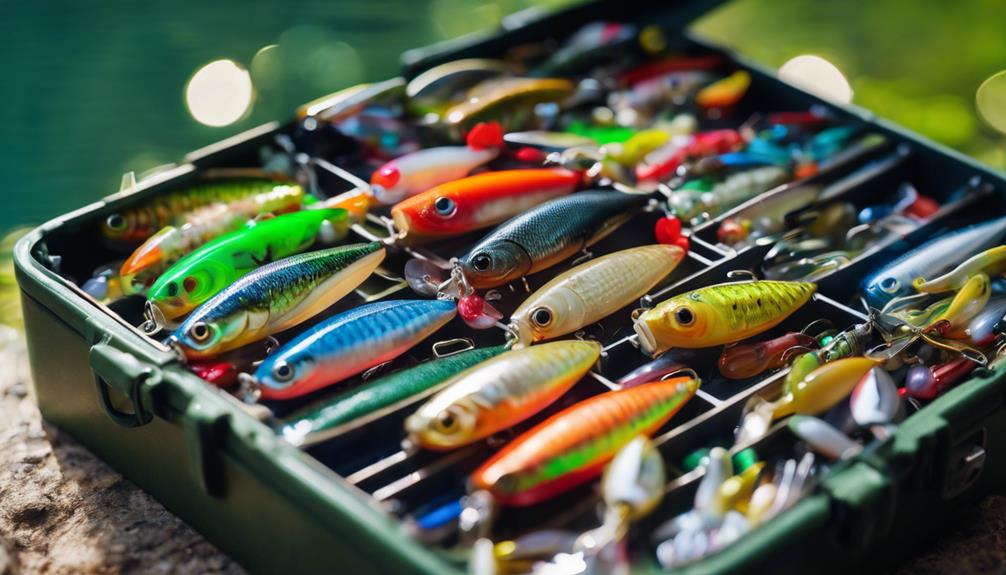Fishing is a beloved pastime for many, providing relaxation and a chance to connect with nature. However, before you grab your fishing rod and head to the nearest lake or river, an important question arises: do you need a licence to go fishing? This comprehensive guide delves into the world of fishing licences, including their importance, types, and regulations that vary by region.
Understanding Fishing Licences: Why Are They Necessary?
Fishing licences are essential for several reasons. Firstly, they help regulate fish populations and ensure sustainable fishing practices. By requiring anglers to obtain a licence, authorities can track fishing activity and monitor fish stocks to prevent overfishing. Secondly, fishing licences contribute to conservation efforts, as the fees collected are often allocated to maintaining and restoring aquatic habitats. Lastly, having a fishing licence promotes responsible fishing, ensuring that all anglers follow the same set of rules and regulations, which enhances the overall fishing experience for everyone involved.
Types of Fishing Licences: What You Need to Know
When it comes to fishing licences, there are various types depending on your location and the type of fishing you plan to do. Common categories include freshwater and saltwater licences, which may differ based on the body of water you intend to fish in. Additionally, there are often special licences for specific types of fishing, such as fly fishing or ice fishing. Some regions also offer temporary or one-day licences for casual anglers who may not fish frequently. Understanding the different types of licences available in your area is crucial for compliance and to avoid potential fines.
Do You Need a Licence to Go Fishing? The Rules Vary by Location
The requirement for a fishing licence largely depends on where you live or where you plan to fish. In many countries, including the United States, Canada, and Australia, a fishing licence is generally required for anyone over a certain age, typically 16 or 18 years old. However, some states or provinces may have exemptions for specific groups, such as children or seniors. It’s important to check the local regulations of the area where you plan to fish to determine if a licence is necessary and understand any associated rules or limits.
How to Obtain a Fishing Licence: A Step-by-Step Guide
Obtaining a fishing licence is usually a straightforward process. Most regions allow you to apply for a licence online through the local fish and wildlife agency’s website. Alternatively, you can often purchase a licence at physical locations such as bait shops, sporting goods stores, or government offices. The application process typically involves providing identification, paying a fee, and sometimes answering questions about your fishing experience. Be sure to keep your licence on you while fishing, as you may need to present it during inspections by local authorities.
Understanding Fishing Regulations: More Than Just a Licence
While having a fishing licence is essential, understanding the regulations that accompany it is equally important. Fishing regulations can include limits on the number and size of fish you can catch, designated fishing seasons, and restrictions on specific fishing methods or gear. Adhering to these regulations helps maintain healthy fish populations and preserves the aquatic ecosystem. Before heading out, take the time to familiarize yourself with the fishing regulations in your area to ensure a responsible and enjoyable fishing experience.
Consequences of Fishing Without a Licence: Avoiding Legal Issues
Fishing without a valid licence can lead to serious consequences. Fines for fishing without a licence can vary significantly, ranging from minor penalties to substantial fines that can ruin your fishing trip. In addition to financial repercussions, offenders may also face confiscation of their fishing gear or even criminal charges in extreme cases. To avoid these potential legal issues, always ensure that you have the proper licence before casting your line.
Special Considerations: Fishing Licences for Different Groups
Certain groups may have different requirements regarding fishing licences. Many regions offer discounted or free licences for senior citizens, veterans, and people with disabilities. Additionally, some places may have specific days designated as “free fishing days,” allowing individuals to fish without a licence. These considerations are crucial for promoting inclusivity in the sport of fishing. If you belong to one of these groups, check with your local fisheries department to see what opportunities may be available to you.
Conclusion: Enjoying Fishing Responsibly with a Licence
In conclusion, the question of do you need a licence to go fishing is a fundamental aspect of responsible angling. Securing the right licence not only complies with local laws but also supports conservation efforts aimed at maintaining healthy aquatic ecosystems. By understanding the various types of licences, regulations, and potential consequences of fishing without one, you can enjoy your fishing experience with peace of mind. So gather your gear, get your licence, and prepare for a memorable day on the water!
—
By following these guidelines, you’ll be well-equipped to navigate the world of fishing licences and enjoy a responsible and fulfilling fishing experience. Remember, fishing is not just about the catch; it’s about cherishing the environment and the community of anglers who share your passion.
